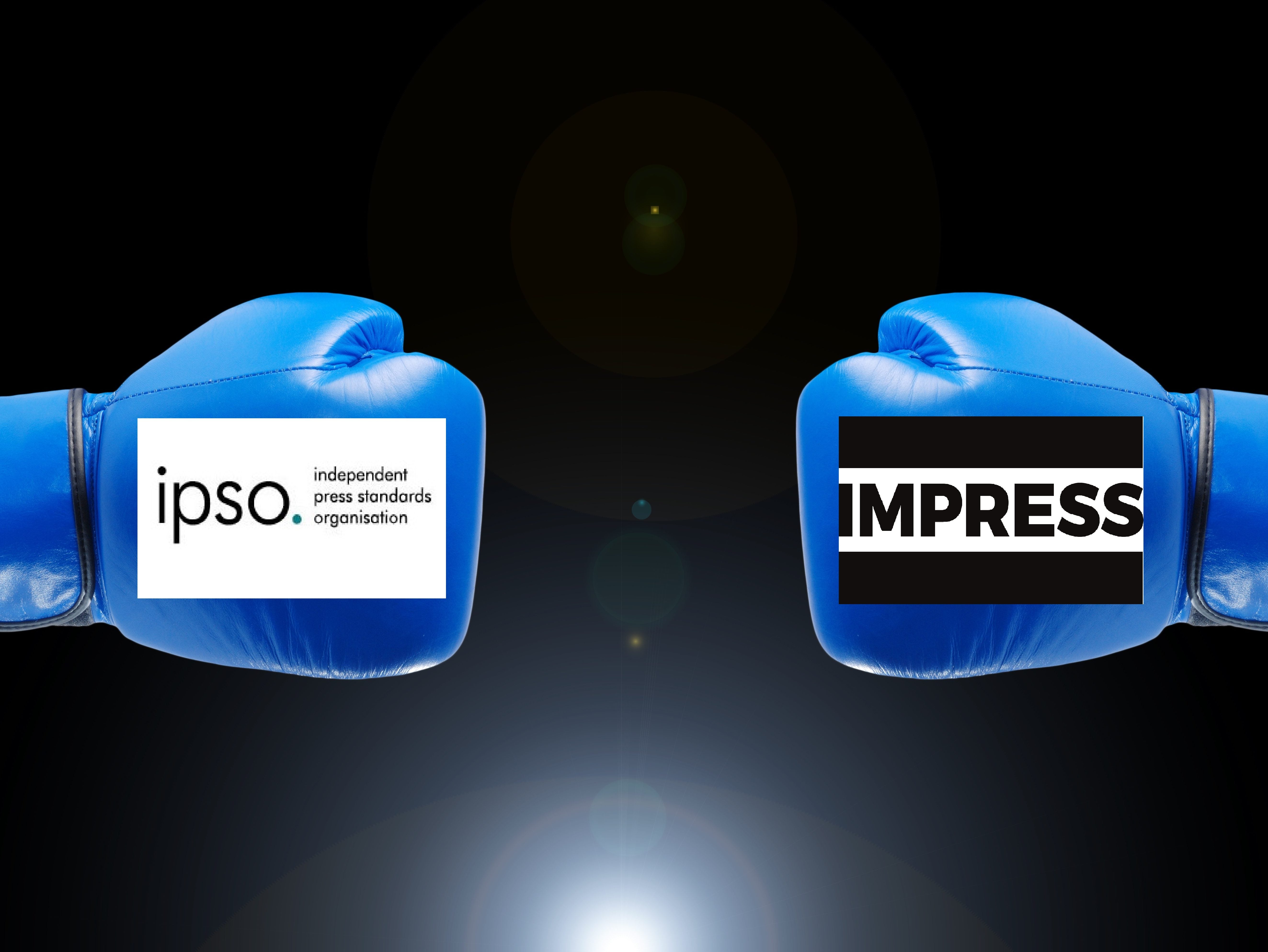
The UK’s Royal Charter-recognised press regulator, Impress, has fought off a High Court challenge over its status.
The News Media Association (NMA), which represents publishers, said Impress should not have been given formal approval a year ago by the Press Recognition Panel (PRP), which was set up under a royal charter after the Leveson inquiry.
NMA said the PRP misinterpreted and misapplied the charter.
But in London on Thursday, Lady Justice Rafferty and Mr Justice Popplewell rejected its case.
The chairman of Impress, Walter Merricks, said: “This judgment shows that the system of externally verified self-regulation, recommended by Sir Brian Leveson, is fully functional.
“We can now get on with the important job of upholding high standards of journalism.
“At a time when the news publishing industry is under massive pressure, Impress is uniquely able to reduce publishers’ legal risks and enhance their standing in the eyes of audiences and advertisers.
“We are grateful for the ongoing support of the NUJ, Sir Harry Evans and many others in and around the industry, and sorry that the NMA have wasted so much time attacking Impress, which meets the standards that they refuse to meet.”
Impress’s dependence on third-party funding from former motor sport mogul Max Mosley was one of the main reasons why it should not have been recognised, said the NMA.
But Lord Pannick QC argued that, while Impress was dependent on Mosley – “a proponent of strict regulation of the press” – this did not undermine the body’s independence.
David Wolfe, chair of the PRP, said: “This judgment categorically and bluntly rejects all of the NMA’s arguments, and confirms that the PRP board acted independently, transparently and correctly when we recognised Impress.
“The judges considered the findings of the Leveson report and the procedures that we followed when making our decision, and found that the NMA’s case didn’t stack up.
“The PRP board recognised Impress because the regulator meets the 29 criteria in the royal charter – it’s as simple as that.
“Our decision followed three rounds of open consultation, during which the NMA and others advanced their views, and there was rigorous examination of the regulator’s application.
“We are pleased that the court noted the thoroughness of our assessment process, and we will continue to work in the public interest to promote a free press in a free and fair society.”
The News Media Association said: “Today’s decision does not change the position which is that no significant publishers have signed up to Impress and none will do so. The national and regional newspaper and magazine industry already has an effective and robust self-regulatory system in place through IPSO, which 1500 print titles and 1100 websites are signed up to.
“Impress is a state-sponsored regulator funded almost entirely by one wealthy individual, Max Mosley, and headed by a chief executive who has admitted to holding biases against leading newspapers and journalists.
“Impress cannot and never will be a regulator for the UK newspaper industry which remains wholly opposed to Section 40.
“We will be seeking leave to appeal to the Court of Appeal.”
Campaign group Hacked Off said: “Today’s ruling that Impress is legally recognised is a further blow to the corporate press industry’s campaign to resist the Leveson reforms, and a clear sign that their self-interested campaign against the Royal Charter system is bound to fail.
“Victims of press abuse now call upon newspapers to take advantage of the effective independent regulation offered by Impress, secure in the knowledge that its recognition by the PRP was legitimate and lawful, and that the post-Leveson system is here to stay.
“The judgement makes clear that industry opposition to reform cannot be a veto on effective independent regulation, so the Government must now act to commence the incentives that were agreed by Parliament to give extra free speech protections for those publications which have joined Impress, and to provide access to justice for victims of intrusion of those newspapers who do not join.”
Email pged@pressgazette.co.uk to point out mistakes, provide story tips or send in a letter for publication on our "Letters Page" blog
